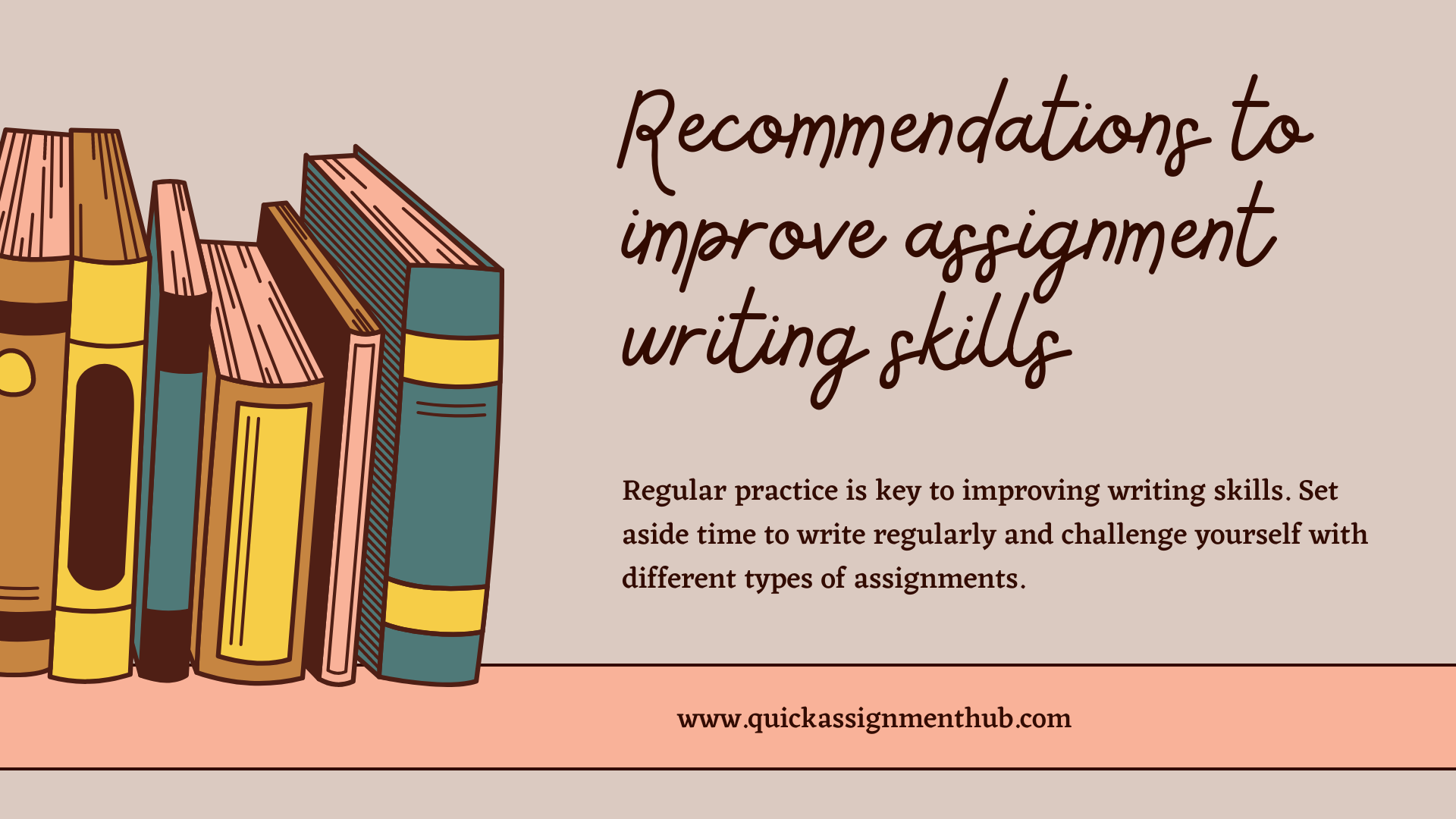Embarking on the adventure of editing your book? Welcome to a guide filled with expert tips tailored just for you. Editing is refining raw words into a masterpiece, transforming good writing into exceptional storytelling. Become a book editor is not an easy peasy; you have to take care of so many things such as grammar, punctuation, spelling mistakes, structure, and flow.
So, whether you’re a novice navigating the editing realm or a seasoned writer seeking to elevate your craft, these tips and techniques refine your work, making it polished and engaging for your readers. Let’s start this journey together, discovering the secrets to crafting a compelling and well-edited book.
Take a Break Before Editing
Taking a break is more than just a pause; it’s a fundamental step in editing. When you’re deeply involved in writing, it’s easy to miss errors or overlook inconsistencies. Stepping away from your manuscript allows you to return with a clear mind. During this break, your mind unconsciously processes the story, making it easier to identify weak points upon your return.
Start with the Big Picture
Begin your editing process by evaluating the fundamental elements of your story:
- Plot: Is the storyline coherent and engaging? Do you know any unresolved subplots or plot holes?
- Characters: Are your characters well-rounded and believable? Do they undergo meaningful development throughout the story?
- Pacing: Is the narrative well-paced, keeping readers engaged without feeling rushed or dragging?
Addressing these significant elements first ensures your story’s foundation is solid before you move on to finer details.
Perfect the Opening Lines
Your opening lines are the reader’s introduction to your world. They should intrigue, evoke emotion, and set the tone for the entire book. Consider the genre and mood of your story. For instance, a thriller might begin with a gripping action, while a literary novel might focus on poetic descriptions. Polish your opening lines until they encapsulate the essence of your story, making readers eager to explore further.
Master the Art of Show, Don’t Tell
‘Show, don’t tell’ is a fundamental literary principle. Instead of outright explaining emotions or situations, use descriptive language to paint a vivid picture. Engage the senses, allowing readers to smell, taste, hear, see, and feel the story’s world. When readers can experience the narrative firsthand, they form a deeper connection with the characters and events.
Dialogue Should Be Natural
Dialogue is a powerful tool for characterization. Book Editor Each character needs to have a unique voice that reflects their character, history, and feelings. Listen to how people talk in real life; dialogue should replicate these natural conversations. Avoid long, expository dialogues and opt for meaningful, realistic exchanges that reveal information about the characters and advance the plot.
Watch Out for Repetition
Repetition can occur on various levels, from individual words to themes or ideas. Repetitive words or phrases can bore readers. Similarly, themes and ideas that are excessively repeated can make the story predictable. Be vigilant during editing; a thesaurus can be your best friend in finding alternative words and note down repetitive themes to ensure you’re not circling the same concepts repeatedly.
Polish Your Prose
Language is the writer’s brush, and each word is a stroke on the canvas of your story. Craft your sentences meticulously. Vary sentence structures to create rhythm: mix short, punchy sentences with longer, flowing ones. Grammar and punctuation should be impeccable. Pay attention to details; the correct use of dashes, semicolons, and ellipses can significantly impact the flow and tone of your narrative.
Seek Feedback
External feedback is invaluable. Beta readers, writing groups, or professional editors can provide perspectives you might not have considered. Constructive criticism is essential; it highlights blind spots and helps you refine your work further. Be receptive to recommendations, but also believe in your gut. If multiple readers point out the same issue, it’s likely an area that needs your attention. Most people hire an affordable ghostwriter for their company or work to get editing, publishing, or writing services. They also read the reviews and feedback before hiring anyone for their work.
Embrace the Process
Editing is a transformative journey. It’s where your raw ideas evolve into a polished, cohesive narrative. Embrace the challenges. Editing might involve rewriting entire chapters, reimagining characters, or restructuring the plot. Each change brings your book closer to perfection. Embrace the process as an opportunity to grow and enhance your writing skills.
Know When to Stop
Perfection is a noble goal, but it’s crucial to recognize when your manuscript is ready. Endless editing can lead to diminishing returns, where constant revisions might alter the soul of your story. Trust your intuition. If your story is compelling, the characters are relatable, and the writing is engaging, it’s time to let your book venture into the world.
Final Words
Editing is a meticulous process of Book Editor that demands dedication, patience, and a critical eye. If you properly follow these essential tips, you can navigate the complexities of editing and transform your manuscript into a literary masterpiece. Remember, every word you edit brings you closer to creating a book that resonates with readers, making all your efforts worthwhile.





